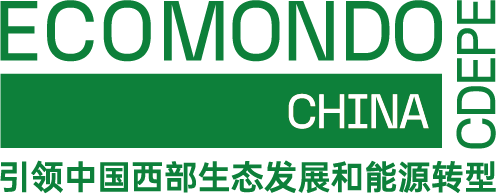Filter cloth for filter press
Materials:
- Polyester filter cloth: It is resistant to acid and weak alkali, with good wear resistance, corrosion resistance and recovery performance. Its electrical conductivity is poor and its temperature resistance is generally within 130 - 150 degrees Celsius.
- Nylon filter cloth: It has high strength and its wear resistance ranks first among various fibers. It is resistant to strong alkali and weak acid, but not resistant to light. Nylon 66 cannot be used in pharmaceutical and food factories.
- Polypropylene filter cloth: It can be divided into short-fiber filter cloth and long-fiber filter cloth. The cloth made of short fibers has a hairy surface and has good powder and pressure filtration effects; the long-fiber cloth has a smooth surface and good air permeability.
- Vinylon filter cloth: Its chemical name is polyvinyl alcohol. Its strength is lower than that of polyester, with a breaking elongation of 12% - 25%. It has poor elasticity, relatively good wear resistance, can withstand the action of strong alkali and has good hygroscopicity, but its temperature resistance is relatively low.
- Polypropylene filter cloth: It has excellent acid and alkali resistance and relatively low cost. Its hydrophilicity is relatively weak and it is not easy to be blocked when filtering slurry with high oil or organic components.
Weaving methods:
- Plain weave: It has a compact structure, a flat surface, high interception precision and good effect in intercepting tiny particles. However, its air permeability is poor and the filtration speed is limited. It is suitable for the fine filtration process with extremely high requirements for the clarity of the filtrate.
- Twill weave: While ensuring the interception effect, its air permeability is improved and the filtration speed is relatively faster. The texture structure enables the slurry to flow smoothly and reduces blockage. It is commonly used in the slurry filtration in mine beneficiation, metallurgical industry and other fields where there are requirements for the filtration speed and the particle size is moderate.
- Satin weave: It has a smooth surface and a low friction coefficient, which is conducive to the rapid passage of the slurry and has a fast filtration speed. However, its interception precision is slightly lower than that of plain weave and twill weave. It is often used in the coarse filtration process with high requirements for the filtration speed but not particularly strict requirements for particle interception.
Pore size:
- The pore size is a key parameter that determines the interception effect and can be precisely controlled at the micron or even nanometer level. For example, in the field of biopharmaceuticals, filter cloth with a pore size of 0.2 - 0.45 microns is required for sterilization; in the food and beverage industry, filter cloth with a pore size of 5 - 10 microns may be selected.
Applications:
It is widely used in fields such as petroleum, chemical industry, pharmaceuticals, sugar making, food, coal washing, printing and dyeing, ceramics, mining and metallurgy, and sewage treatment.
Installation and cleaning:
- Installation: Each piece of filter cloth consists of two pieces of filter cloth connected in the middle. First, roll one of the pieces into a cylindrical shape, pass it through the center hole of the filter plate and then unfold it. Adjust the state of the two pieces of filter cloth and tighten the straps at the corresponding positions.
- Cleaning: The filter cloth can be removed, soaked in water, brushed with a brush to remove debris and then dried in the air; or it can be rinsed with a high-pressure water gun; the special automatic cleaning device for the filter press can also be used for cleaning.
Search









